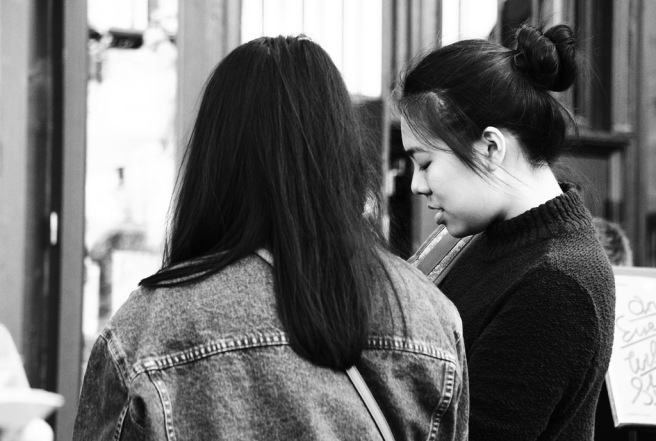
BY: MARK KONING
Whether you are a survivor or caregiver to someone with a brain injury, it is sometimes quite difficult to find a confidant that you can feel comfortable talking with when it comes to issues such as the stresses, emotional trauma or everyday hardships that can be inflicted upon one’s life. An individual can run the risk of losing friends, or in some cases, even family members
The best friend that you were always able to talk to may be gone suddenly, the shoulder you used to cry on may have disappeared. People may start to make discriminatory remarks, or simply start finding it too much in trying to understand.
It is quite often difficult to explain a feeling when a person refuses to listen.
A brain injury survivor doesn’t always want to explain why the ‘tired’ he or she is feeling can be different than what a person without a disability experiences. A caregiver doesn’t always want to have to defend his or her compassion or better understanding toward what somebody with a head injury is going through.
A brain injury survivor and a caregiver walk different paths where they feel different things from one another, but they also share commonalities. One in particular is loneliness, and feeling as though there is no one to talk to and that he or she is all alone.
As someone who happens to be both a brain injury survivor and caregiver, I often find myself stuck in the middle as though I am the only one who understands me. It is not to say that family and friends aren’t around, it is just finding someone who “gets it” or is willing to try and listen without question can sometimes seem impossible.
When I’m talking about myself as a person with a brain injury or as a caregiver and what it is I feel and go through, I just want someone to listen to what I have to say, to maybe sympathize, and then to engage with me in further conversation. I don’t want my words to be ignored because they are not fully understood, I don’t want my feelings to be fluffed off, and I don’t want to be judged.
Talking with peers, (other survivors and caregivers) for this reason and more, is such an important thing everybody needs. We all need to complain, to vent our frustrations, to air our grievances and sometimes to get mad.
It also allows the brain injury survivor or caregiver to feel a level of comfort and establishes a sense of belonging and acceptance. It can lift an unseen weight off his or her shoulders and provide some much needed relief. Talking with peers can offer insight and inspiration and it can help alleviate any feelings of loneliness.
Communication amongst those who truly understand and appreciate because they have lived or live with similar experiences is a valuable and often needed tool. I’m not saying that unless someone is a brain injury survivor themselves or has committed to being a caregiver, it is pointless to talk with them. They may be very caring and/or understanding and there are some very BIG hearts out there, but the compassion and confidence that can come from talking to someone who has been or is in similar shoes and positions can be a pretty big difference maker in life. Being understood and feeling that you are included is something everyone needs.
BIST offers a peer support mentorship program, as do many other OBIA affiliates, and I would encourage many who feel they are alone and/or misunderstood, to get involved. But there are other avenues to take as well, like joining a group of individuals facing similar challenges; connecting with a social worker; signing up to a relatable program. Quite a few options exist when it comes to seeking out communication.
We all need to be open minded, because brain injury should not something that causes loneliness and/or separation. Both survivors and caregivers have as much right to be heard as everyone else.
Mark’s passion to lend a helping hand, offer advice and give back, has developed into a moral and social responsibility with the goal of sharing, inspiring and growing, for others as well as himself. His experience as a Survivor, Caregiver, Mentor and Writer, has led to his credibility as an ABI Advocate and author of his life’s story, Challenging Barriers & Walking the Path. Follow him on Twitter @Mark_Koning or go to www.markkoning.com
Filed under: Awareness, BIST, Caregiving Tagged: ABI stress, BIST / OBIA peer support program, caregiver relief, caregiver stress, peer support, stress management
![]()




